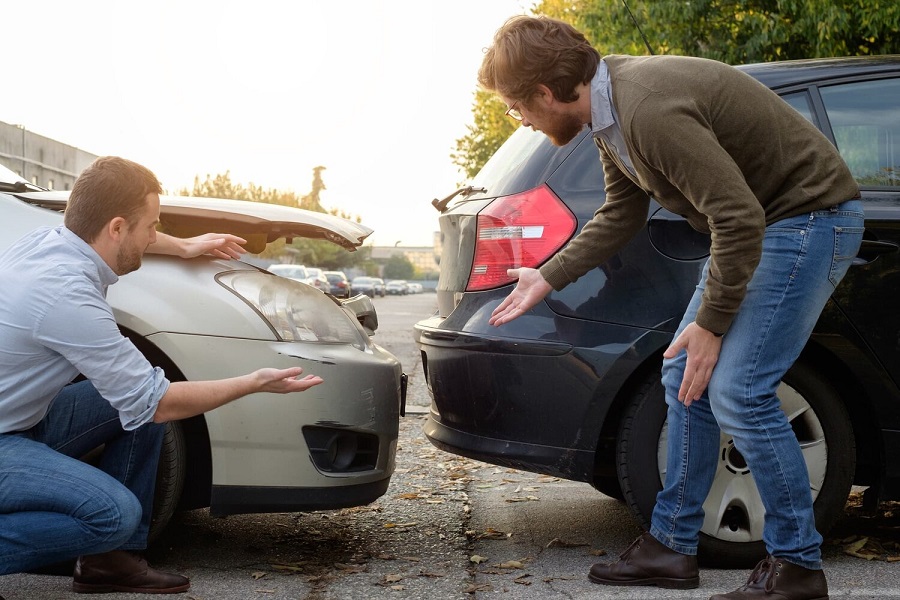If you have been involved in a car accident, you may wonder who was at fault. Some drivers assume that they were at fault, some assume the other driver was.
However, not everyone is aware that determining who was at fault can be hard. Don’t worry, this article can help.
Read on for information about how to determine who was at fault.

Consider Traffic Violations
All top rated car accident attorneys will tell you that traffic violations could be a factor. Perhaps you or the other driver were speeding. Alternatively, the following could have happened:
- You or the other driver ran a stop sign
- You or the other driver failed to yield
- You or the other driver was speeding
- You or the other driver was too close to the other vehicle
There are many possible traffic violations to consider. Think about how everyone was expected to drive on that part of the road. If you or the other driver did not obey traffic law, it could be easy to find fault. All you need to do now is prove who was at fault.
Read The Police Report
If the police attended the scene of the accident, it might be worth reading the police report. The report may mention who could have been at fault for the accident.
If the police report does not reveal anything, it might be worth hiring a lawyer.
Consider Where The Car Was Hit
In some cases, it can be quite simple to determine who was at fault. Let’s imagine your car was hit in the rear. It could be said that the accident was the fault of the other driver. Perhaps the driver was going too fast or they weren’t paying attention to the road.
If your car was hit while you were making a left turn, again, the other driver could be at fault. However, you could be to blame if you hit the other car when making the turn.
There are so many factors to take into consideration. However, knowing where a car was hit can help.
No-Fault States
Some parts of the United States are known as “No-fault states”. What this means is each driver’s insurance company will cover the cost of the accident. In other words:
- No driver will be held liable for the accident
- Insurance companies can pay for vehicle repairs/replacement
- Insurance companies can pay for your medical bills
It does not matter who was at fault for the accident. If you live in one of the 12 no-fault states you’ll need to ask your own insurance company to pay.
It can be hard to determine who was at fault for a car accident. This is why it may make sense to seek legal advice. Use the above tips to help you to determine who was at fault. If you think you have a case it might be worth looking for a lawyer to help you.